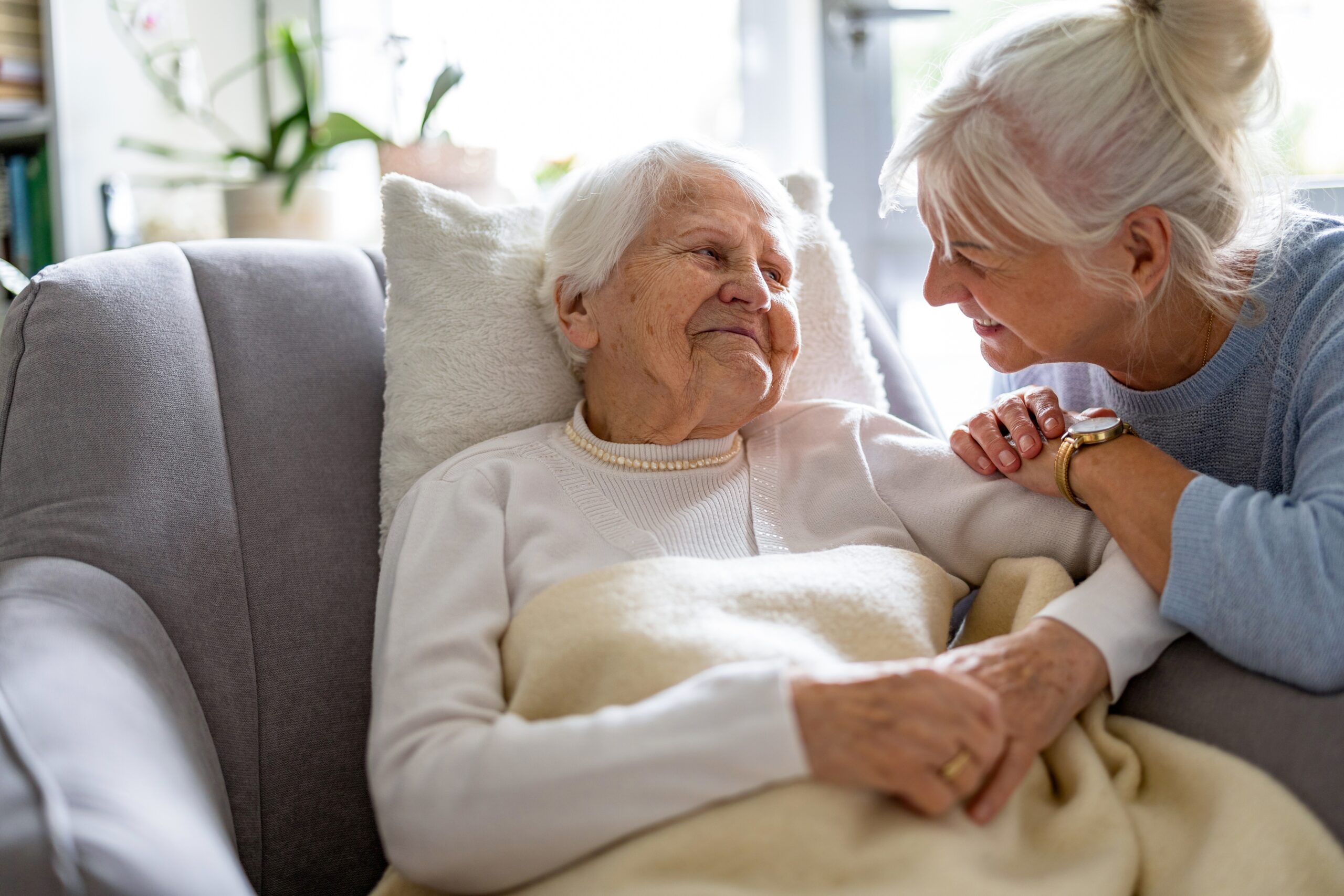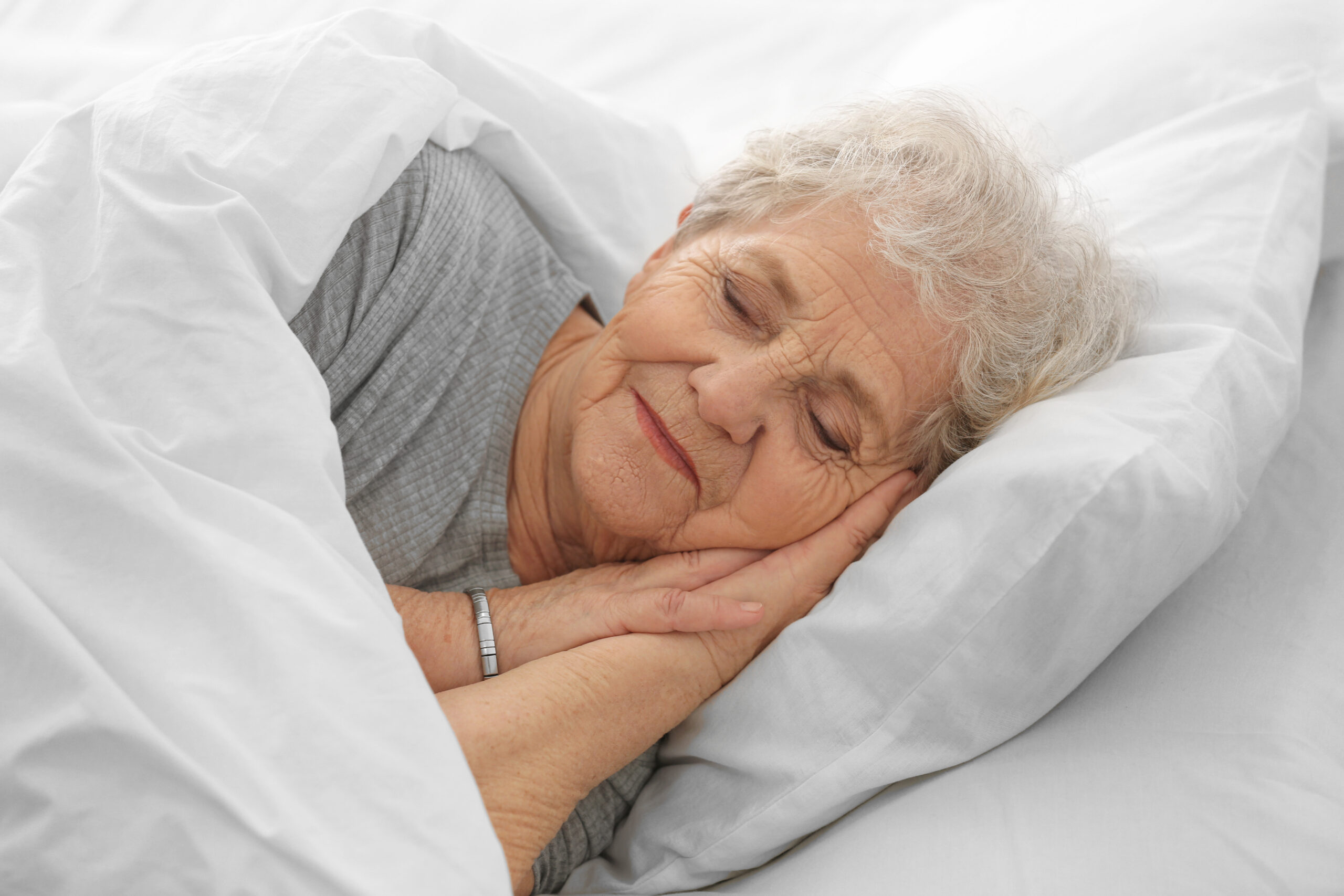Good sleep matters at every age, and it becomes even more crucial as we grow older. For seniors, a good night’s rest is not just about feeling refreshed; it plays a vital role in keeping the brain sharp, supporting memory, and protecting overall health. Many older adults notice changes in their sleep patterns, and sometimes these changes can directly impact memory. By understanding the connection between sleep and memory, seniors and their families can take steps to build healthy sleep habits that support the brain and improve quality of life.

Why Sleep Matters for Older Adults
Sleep is the body’s way of resting, recharging, and healing. While we sleep, the brain is hard at work, sorting through the events of the day and storing important memories. This process, called memory consolidation, turns short-term memories into long-term ones so names, events, and experiences can be recalled later.
When older adults do not get enough sleep, especially during the deeper stages of slow-wave sleep, memories aren’t stored properly. Over time, poor sleep quality can lead to forgetfulness, confusion, and trouble with daily tasks. Studies also show that sleep deprivation and ongoing sleep disturbances increase the risk of cognitive decline, age-related memory loss, and conditions
like Alzheimer’s.
At Grand Brook Memory Care, we see firsthand how practicing good sleep habits and building consistent routines can help preserve cognitive, physical, and emotional health.
Common Sleep Challenges in Older Adults
As people age, sleep patterns naturally shift. Still, many older adults face challenges that make it difficult to get restful sleep. These problems affect not only how refreshed someone feels, but also their memory, mood, and overall well-being. Recognizing the most common issues can help families spot concerns early and seek the right support.
Here are some of the most common sleep problems in older adults:
- Trouble falling asleep
- Waking up often during the night
- Daytime sleepiness
- Health conditions such as sleep apnea, chronic pain, or restless leg syndrome
- Effects of medication or changes in routine
- Long-term impact on well-being, including forgetfulness, mood changes, low energy, and trouble focusing
At Grand Brook Memory Care, our caregivers pay close attention to residents’ sleep health and overall wellness, making sure they get the support and comfort they need for better rest.

Tips for Better Sleep and Stronger Memory
Small lifestyle changes, often called sleep hygiene practices, can make a big difference in overall sleep quality. Here are some helpful tips for seniors:
- Go to bed and wake up at the same time every day to train the body’s internal clock
- Create a calm, comfortable bedroom with a quiet, dark, and cool environment
- Limit screen time before bed: turn off TVs, phones, and tablets an hour before bedtime
- Avoid coffee, tea, and nicotine in the evening, as they can delay sleep
- Stay active during the day with light exercise, and relax at night with calming activities
such as deep breathing, soft music, or prayer - Seek help when needed; if sleep problems continue, consult a healthcare provider or sleep specialist who may recommend treatments such as cognitive behavioral therapy for insomnia
At Grand Brook Memory Care, our team supports healthy routines that encourage better sleep, stronger memory, and brighter days.
Supporting Seniors with Memory Care Needs
For seniors living with memory loss, healthy sleep is especially important. Restful sleep supports daily functioning, eases stress, and may even help slow memory decline. At Grand Brook Memory Care, we understand the strong connection between sleep and cognitive health. That’s why our communities are designed to foster calm, comfort, and consistency through personalized care plans and structured daily routines.
Families can feel reassured knowing their loved ones are in a safe, nurturing environment where every aspect of well-being, including sleep health, memory support, and emotional care, is thoughtfully addressed. Our caregivers work hand in hand with residents to build routines that lead to deeper rest, brighter mornings, and stronger days.
Conclusion
Sleep and memory go hand in hand. For older adults, getting the right amount of rest is not just
about feeling refreshed; it’s about protecting brain health, supporting memory, and enjoying a
better quality of life. By practicing good sleep habits, managing sleep disorders, and paying
attention to both physical and emotional health, seniors can take important steps toward healthier sleep.
Families who partner with Grand Brook Memory Care can feel peace of mind knowing their loved ones are supported in every way, including their sleep and memory needs. If you are looking for a caring place that understands memory loss, contact us today to learn
how we can support your loved on


